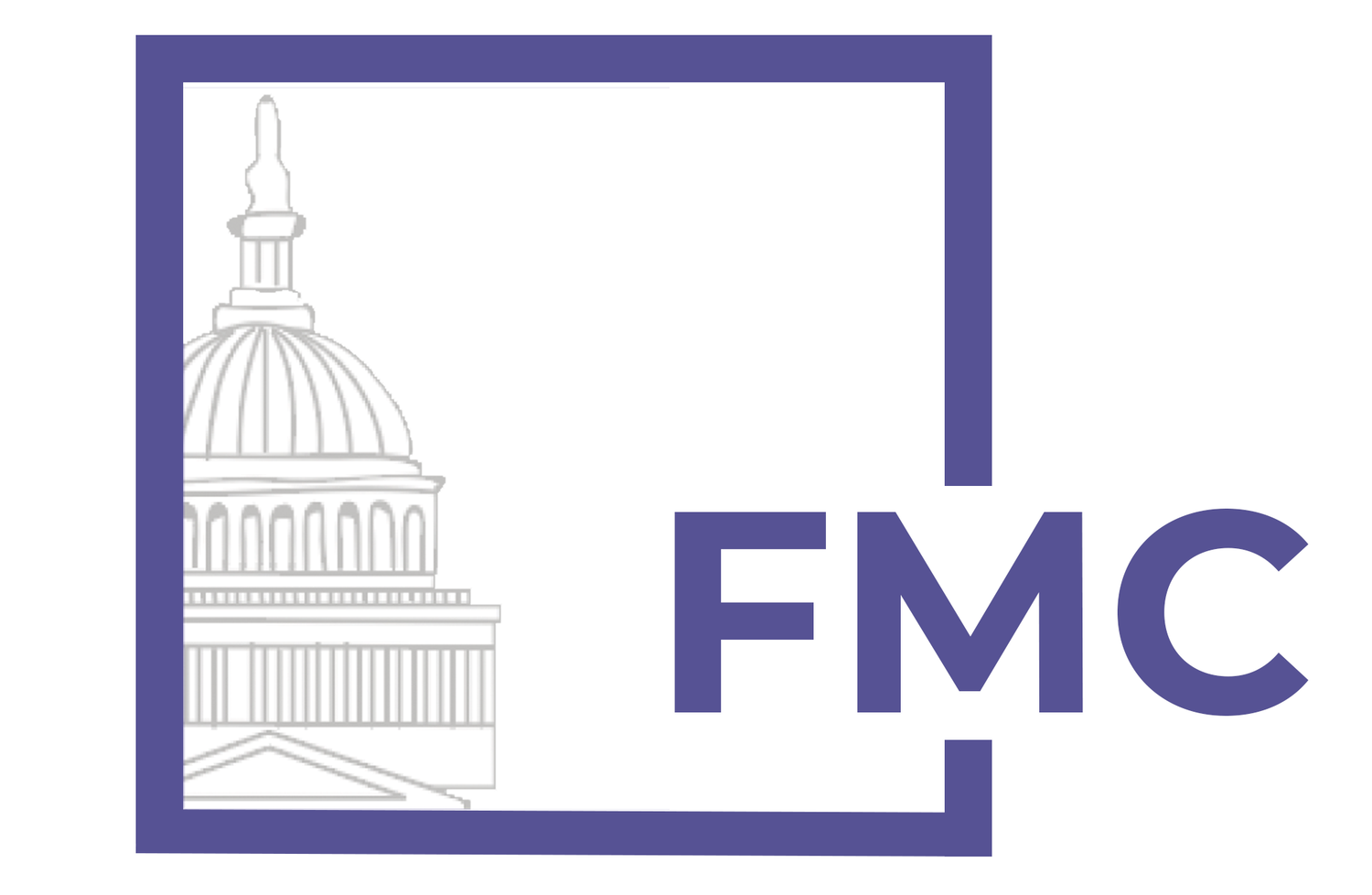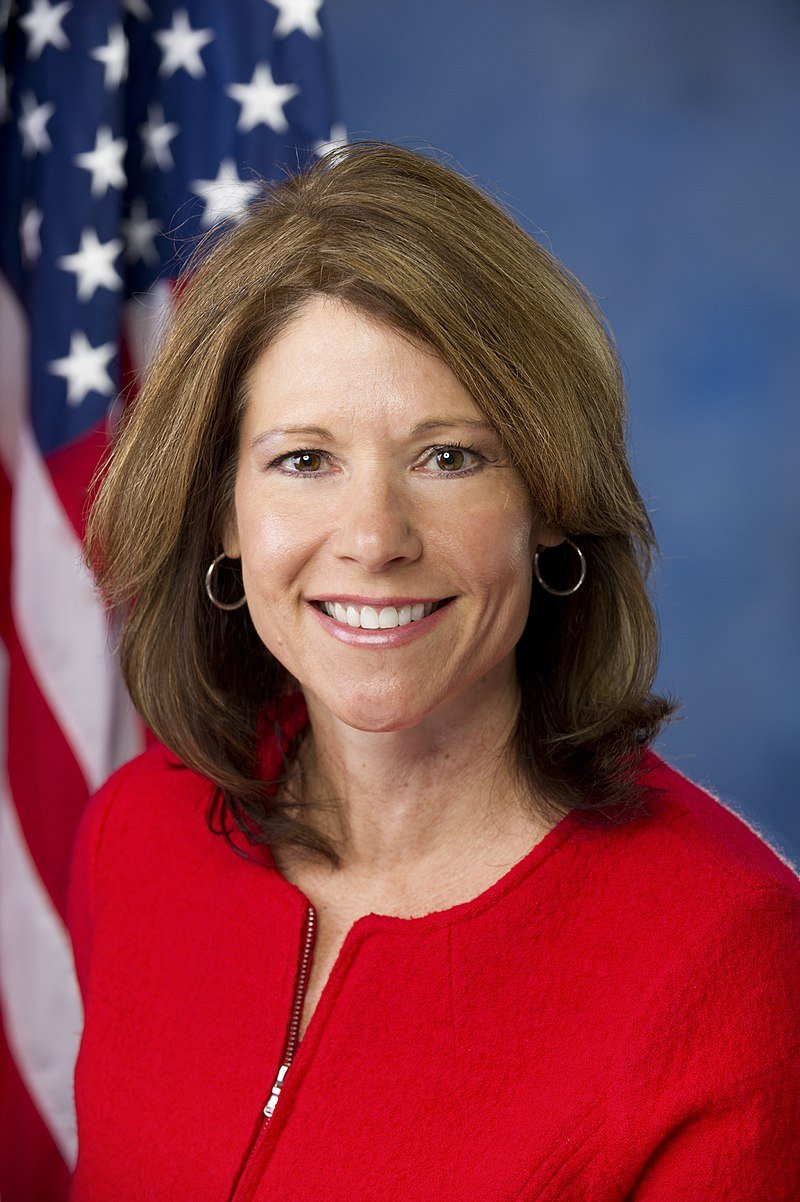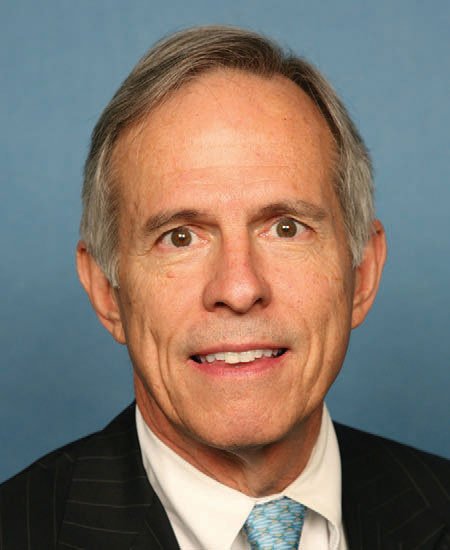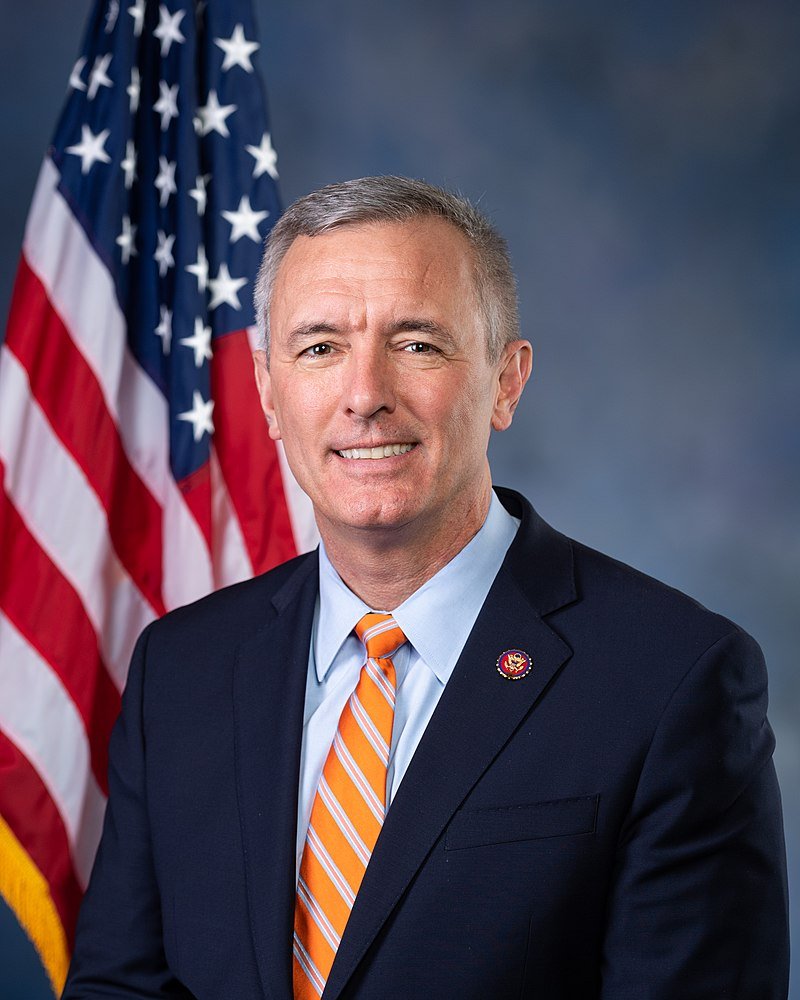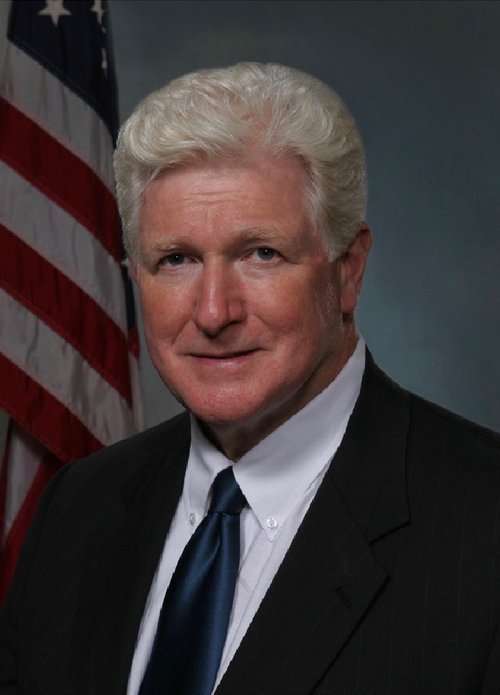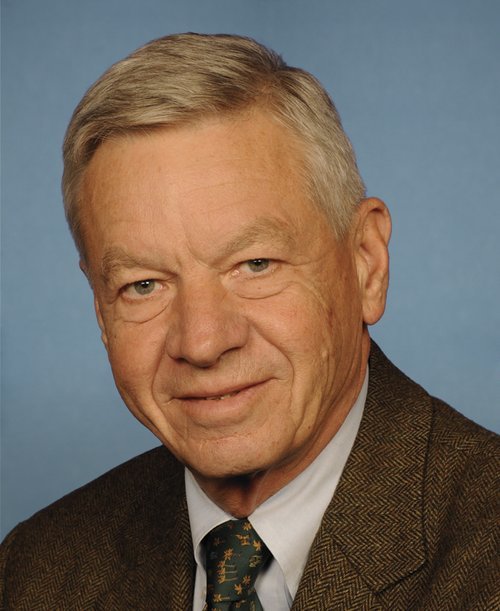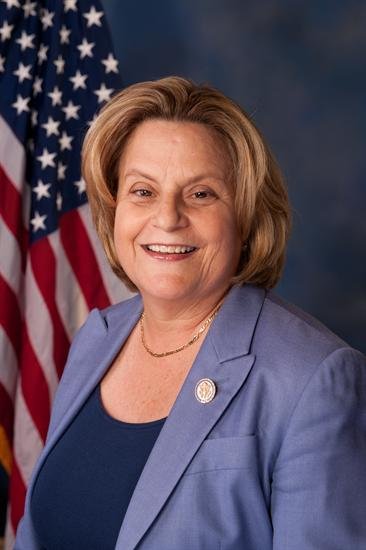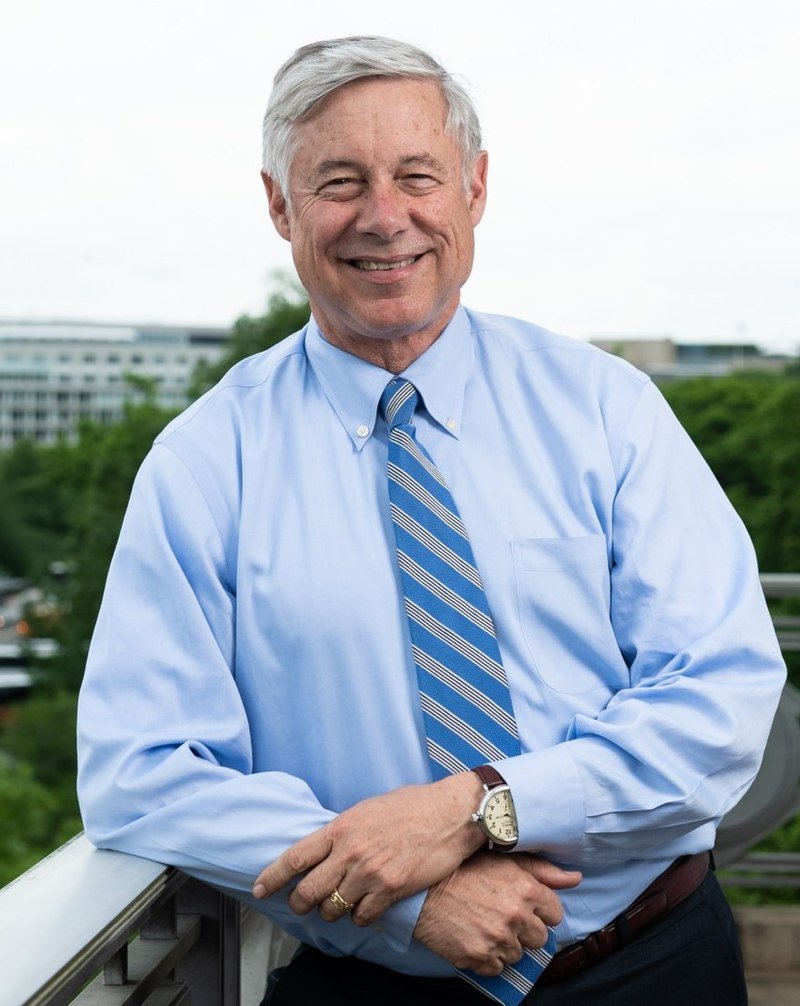Elections and Representation:
Insights from Former Members
Hear directly from former Members of Congress about the challenges shaping Congress and communities. Through candid interviews, they discuss gerrymandering, partisan primaries, money in politics, hyper-partisanship, and structural hurdles in Congress, sharing how these issues affect representation, policymaking, and local communities. Their insights highlight potential reforms, from fair districting and ranked choice voting to process improvements, that could strengthen governance and restore trust in American democracy. This report was compiled by FMC for this webpage in September of 2025.
Four Major Themes
Throughout the course of this project, four major themes were identified across political affiliations, geographies, and decades served: (1) Gerrymandering, Redistricting, and Partisan Primaries, (2) Congressional Culture, (3) Reforms to Congress, and (4) A Divided America. The following videos explore each of these themes in depth and how each one impacts a Member’s ability to govern effectively.
1: Gerrymandering, Redistricting, and Partisan Primaries
In this video, Former Members of Congress from both parties share how partisan gerrymandering and closed primaries are undermining fair representation and fueling polarization. They describe how skewed maps and uncompetitive races leave little incentive for compromise, while offering solutions like independent redistricting commissions and ranked choice voting to create fair districts and candidates who better reflect the will of voters.
2: Congressional Culture
This video features Former Members of Congress reflecting on the culture inside today’s Capitol and the structural incentives that drive partisanship. They discuss how skewed districts, partisan primaries, and the pursuit of political theater often overshadow the quieter work of legislating and compromise. Together, their perspectives reveal how these pressures have reshaped Congress itself, and why reforms are needed to restore accountability, balance, and a spirit of cooperation.
3: Reforms to Congress
This video looks at the structural challenges within Congress that make governing and compromise increasingly difficult. Former Members reflect on the decline of “regular order,” the burdens of the Congressional calendar, and the strain of overlapping committee assignments, issues that leave little time for real debate, collaboration, or connection with constituents. Their insights underscore both the frustrations with how Congress currently operates and the pressing need for reforms to strengthen its ability to function effectively.
4: A Divided America
This video looks at how polarization in Washington is rippling outward and reshaping daily life in communities across the country. Former Members of Congress reflect on how gerrymandering, partisan primaries, and money in politics, amplified by media that rewards conflict, are fueling divisions among voters. Their experiences show how national dysfunction doesn’t just stay in Congress, but filters into neighborhoods, schools, and local institutions, deepening mistrust and disconnection.
Recommendations For Reform
The message is clear: if we want a Congress that works, we must start by ending gerrymandering, reforming primaries, and creating real incentives for coalition-building. Only then can Congress return to its true purpose of deliberation, compromise, and governing for the good of the entire country.
-
Former Members recommend:
Expanding the use of independent redistricting commissions to take map-drawing out of partisan hands, such as Michigan’s “Voters Not Politicians” referendum.
Creating more competitive “purple” districts that require candidates to appeal to all voters, not just their party’s base.
Exploring ranked-choice voting, open, all-candidate primaries, and other electoral reforms that give voters more say and reduce the influence of extremes.
-
Former Members recommend:
A return to regular order, where committees, not party leaders, craft legislation.
Streamlining the Senate confirmation process and reforming the filibuster so more time is spent on legislating, and less on political theater.
Revising the Congressional calendar, to balance time spent in Washington, D.C. and time spent in a Congressional district, reducing the amount of weekly travel for each Member.
-
Former Members recommend:
Rewarding bipartisan “workhorses” instead of partisan “show horses,”
Building personal relationships across the aisle through collaboration on bipartisan legislation and by bringing back the traditions of Members interacting outside of the work environment.
Rethinking the nonstop campaign fundraising that fuels division and allowing Members to focus on governing..
The message is clear: if we want a Congress that works, we must start by ending gerrymandering, reforming primaries, and creating real incentives for coalition-building. Only then can Congress return to its true purpose of deliberation, compromise, and governing for the good of the entire country.
Additional Resources
How Closed Primaries Give Us Unrepresentative Candidates – and How to Fix It
The Effect of Open Primaries on Turnout and Representation
How the Threat of Being “Primaried” Creates Gridlock in Congress
Alaska’s Election Model: How the top-four nonpartisan primary system improves participation, competition, and representation
How Primary Elections Impact Behavior in the U.S. House of Representatives
Reimagining the Ballot: A Comprehensive Look at Primary and General Election Systems
Lessons from the States: Building Trust in American Elections
Full Interviews and Transcripts
Click on the photos to watch the full video or read the full transcript of each interview with a Former Member of Congress
FMC conducted these interviews in partnership with Unite America and thanks them for their support of this ongoing project.
The information displayed on this webpage is not permitted for use or distribution without the permission of FMC.
